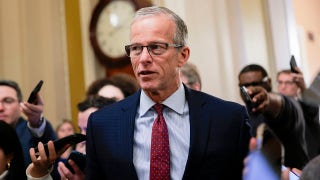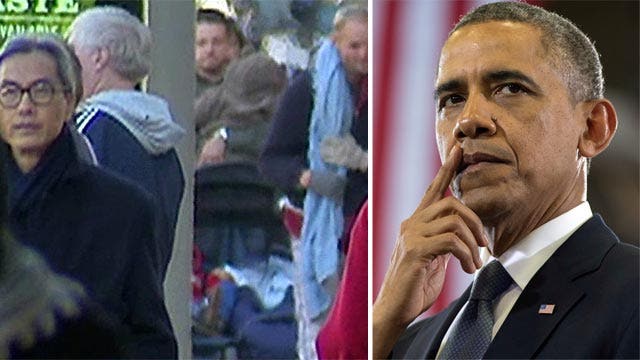In the polarized atmosphere of Washington, President Obama may have found that rare idea with bi-partisan appeal - his plan for new, federally-backed savings accounts for low and middle income wage earners called MyRA, short for My Retirement Account.
"What it is, it's a new type of savings bond that we can set up without legislation that encourages Americans to begin to build a nest egg," Obama told a crowd in West Miflin, Pa. the day after he unveiled the MyRA plan in Tuesday’s State of the Union speech.
Whereas American families once bought Savings Bonds and, before that, War Bonds to help Uncle Sam and to instilla culture of saving in children and young adults, today both the federal government and many families are deeply in debt.
"There’s no question that Americans with lower incomes and even millions of middle-income Americans don't save enough. This is abig problem for the U.S. economy," says Stephen Moore of the Wall Street Journal.
A generation of baby boomers facing retirement has seen its savings depleted from the recession, and from the bursting of the housing bubble and lower home values. Later generations are burdened with college debt and job scarcity. A culture of instant gratification has worsened the saving problem across the generations.
The MyRA plan would enable workers to start saving with a deposit of as little as $25 and contribute as little as $5 each payday. Employers could contribute through hassle-free payroll deductions. The accounts would be portable from job to job and be backed by the full faith and credit of the United States Treasury.
Two potential problems for the program's success are that young people are needed in number to help make it work, and the present rate of return is low.
"We're looking at about one percent after inflation," says Romina Bocciaof the Heritage Foundation. "It's better than some savings accounts that are available at the moment but compared to some Roth IRAs that are available in the private sector, workers can expect to see much lower returns," she says.
Still, most private accounts refuse investments as small as MyRA's initial $25 deposit since administrative costs would make them unprofitable.
In his State of the Union Address, the president did not say whowould pick up the administrative costs of as big a federal program as MyRA. But Boccia says there's only one option. "The Administrative costs would be born by the taxpayers," she says.
"The President is saying, I can do this without an act of Congress. Congress is saying this looks like switch in the tax laws, it mayrequire an appropriation of funds," says the Wall Street Journal's Moore.
But Moore adds the political jousting over that detail may pale in comparison to the pay-off of re-instilling a culture of saving. "The president may have stumbled upon a bi-partisan idea that works," he says.













































